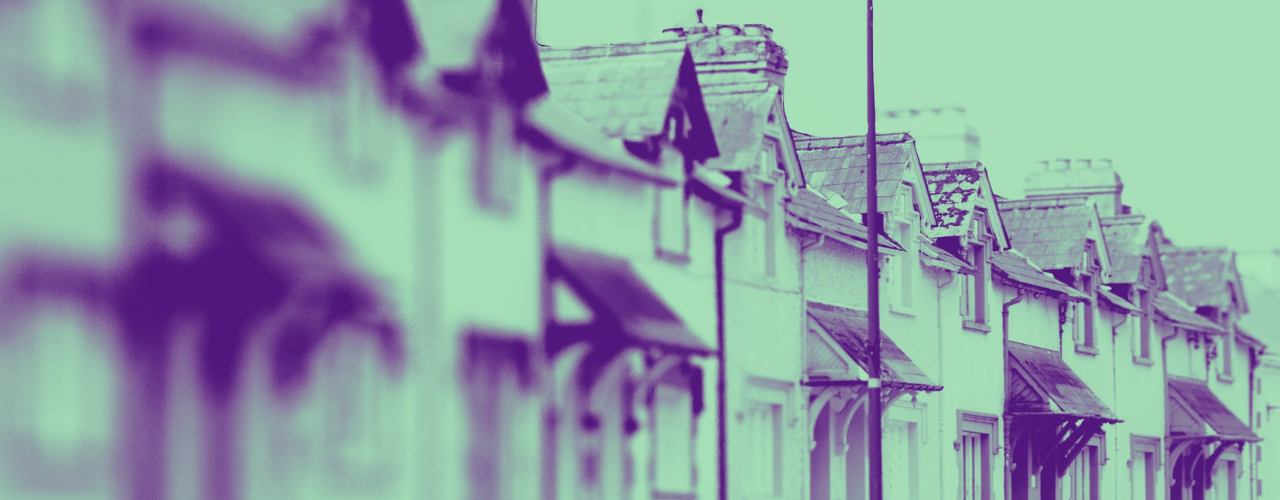
On Monday night (March 6th) The Government confirmed that it would go ahead with lifting the moratorium on evictions at the end of this month, something that homelessness advocacy organisations including the JCFJ were hoping would not happen. Ending the temporary stay on ‘no-fault’ evictions will directly cause many more people to lose their homes in the next few months, making homelessness figures – which are already the highest they have ever been – even higher.
At Leader’s Questions on Tuesday, Taoiseach Leo Varadkar framed the decision in an interesting way, claiming that the six-month moratorium “was not effective in reducing homelessness”.
While it is verifiably true that the homelessness figures have increased steadily since the ban was implemented, this does not mean that it was not effective. The rising number of people presenting as homeless is a reflection of the severity of the current housing and homelessness situation and the difficulty people are having in exiting homelessness and emergency accommodation, because there is nowhere to go. What the eviction ban did was prevent even more people being pushed into homelessness, which prevented the numbers escalating even more. Surely not increasing the homelessness figures is as important as reducing them?
The second reason Varadkar gave for making the decision to end the ban was that it was causing new forms of homelessness, by preventing property owners from moving back into their houses or apartments or from moving family members in. The media profiled one or two instances of this happening at the end of last year but cases like these could have been provided for in amended legislation which also extended the ban.
We hear time and again about the plight of the small private landlords who are leaving “the best game in town” i.e. the rental property market and whether or not we have sympathy for them, the overreliance on the sector means that we need them.
But maybe we need some perspective on this. Even ‘accidental landlords’ who have rented out a property because they no longer live there are in a position of privilege, relative to their tenant. A house or apartment that is owned by someone who does not live in it, is not that person’s home, but it is their property. If the property has a tenant living in it, it is now their home, even though they are not the owner. To not make a profit when you are a landlord must be trying, and to have to wait to sell your property for a few months because of the eviction ban was probably inconvenient. But to lose your home as a tenant, when there are no other options available, is devastating.
The priority we in Ireland give to housing as a financial asset instead of as a home is at the root of this row, which may be why more than half of people polled this month thought it was time to end the ban. Do we think landlords have a right to make a profit from their asset? If so, does that right take priority over a tenant being evicted (remember it is no-fault evictions we are talking about) into homelessness? Do individual property rights take precedence over the common good?
Peter McVerry SJ, a colleague of ours in the JCFJ and a lifelong homelessness campaigner said on Monday night that “the majority of people presenting as homeless are coming from the private rental sector” and confirmed that the ban on evictions had worked to prevent more cases of homelessness and should be extended.
This has been backed up by several other housing and homelessness organisations including Threshold who said more than 1460 people had sought advice on terminations since the ban was put in place.
So the reasons for lifting it that were given by the Taoiseach seem spurious, at best. Was the real concern the warning that large investment funds would flee the market? As Peter McVerry also said on Monday night, it seems clear that “this Government is on the side of the owners of capital”.
We remain hopeful that there will be a reversal in the homelessness figures in the near future, but at the moment that seems unlikely. For the next few months at least, they seem certain to get worse. While housing is an investment opportunity rather than a home, human lives will continue to be the collateral damage.

